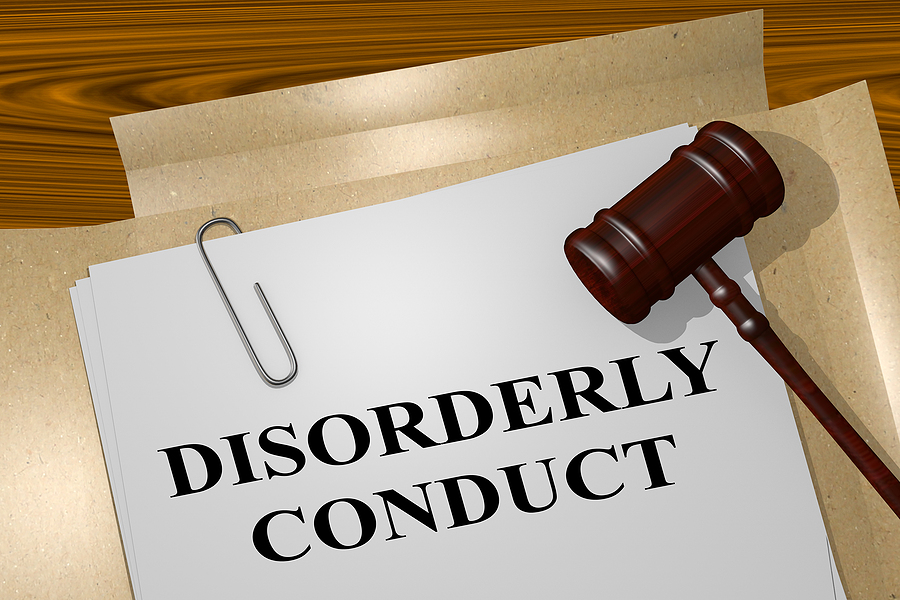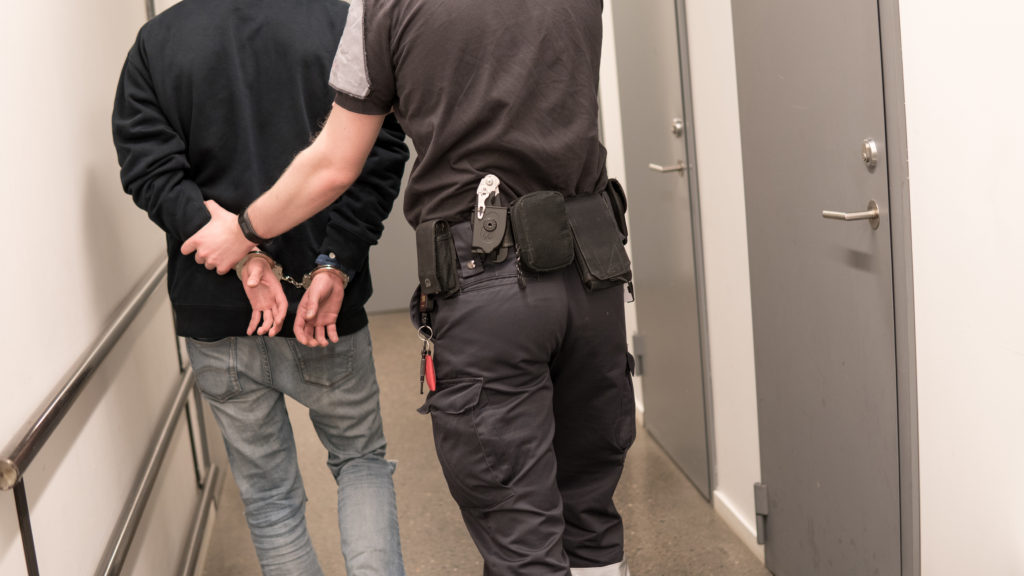When a friend or family member is arrested, your first instinct is to get them out of jail as quickly as possible. For many, this involves securing a bail bond. A bail bond acts as a guarantee to the court that the defendant will appear for their scheduled hearings. You pay a fee to a bail bondsman, who then posts the full bail amount, allowing for the defendant’s release.
While this process sounds straightforward, it can often be met with frustrating delays. Understanding the common reasons for these hold-ups can help you prepare for the process and navigate it more effectively. This guide will walk you through the most frequent bail bond delays and explain what you can do to minimize them.

Why a Bail Bond Might Take Longer to Secure
Insufficient Funds or Collateral
One of the most common reasons for a delay is not having the required funds or collateral to secure the bond. A bail bondsman typically charges a non-refundable fee, which is a percentage of the total bail amount (often between 10% and 15%). If the bail is set at $10,000, you would need to pay the bondsman $1,000 under a ten percent fee arrangement.
If you don’t have the cash on hand, the process can stall. Sometimes, bail bond agencies will accept collateral—valuable assets like property, vehicles, or jewelry—to secure the bond. However, verifying the ownership and value of this collateral takes time. The agency needs to perform title searches for real estate or appraise other assets, which can add hours or even days to the process.
How to avoid this: Before contacting a bail bondsman, assess your financial situation. Know how much cash you can access and identify potential collateral. Having documents like property deeds or vehicle titles ready can speed things up significantly.
Difficulty Verifying Information
A bail bondsman takes on a significant financial risk when posting a bond. To mitigate this risk, they must verify the information provided by both the defendant and the person co-signing the bond. This includes confirming identities, employment, addresses, and criminal histories.
If the bondsman has trouble verifying these details, the process will halt. This might happen if:
- You provide incorrect or outdated information.
- The defendant has no stable employment or residence history.
- The arrest occurs late at night or on a weekend when employers or landlords are unreachable.
The bail agent needs to be confident that the defendant is not a flight risk and that the co-signer is a reliable party. Any inconsistencies or red flags in the information provided will cause delays as they conduct a more thorough investigation.
Co-signer Issues
The co-signer, or indemnitor, plays a crucial role in the bail bond agreement. This person is financially responsible for the full bail amount if the defendant fails to appear in court. Because of this significant responsibility, bail bond agencies have strict requirements for co-signers.
Delays often occur when a potential bail co-signer doesn’t meet the qualifications. Common issues include:
- Poor credit history: A low credit score can signal financial instability, making the bondsman hesitant.
- Insufficient income or employment: The co-signer must demonstrate they have a steady job and enough income to cover the bond if necessary.
- Lack of U.S. citizenship: Many agencies require the co-signer to be a U.S. citizen.
- Reluctance to sign: Sometimes, a person may initially agree to co-sign but gets cold feet after learning about the full scope of their legal and financial obligations.
Finding a willing and qualified bail bond co-signer is essential. If the first candidate is rejected, you will have to start the search over, leading to significant delays.
Defendant is Uncooperative or Intoxicated
The defendant’s state and behavior at the jail can also impact the release process. If the defendant was arrested while under the influence of drugs or alcohol (a DUI arrest, for example), the jail staff might hold them until they are deemed to be sober, which will be at least 8 hours, but up to 12 hours or more. This is a standard safety procedure and is completely out of the bail bond company’s control.
For example, imagine a friend is arrested for a DUI on a Friday night. Even if you secure the bail bond within a few hours, the jail might not release them until Saturday morning, once they have sobered up and are deemed safe to release. This can add an 8-12 hour delay to the process.
Furthermore, if the defendant is uncooperative, combative, or refuses to sign the necessary bail bond agreement paperwork, the process will stop. The defendant must agree to the bail terms and conditions before the bondsman can post the bond.
Looking for Immediate Bail Help? Start Here! ✅
Defendant or Co-signer is Unreachable
Communication is key during the bail bond process. A delay can easily occur if the bail bondsman cannot reach the defendant in jail to complete paperwork or cannot get in touch with the co-signer to finalize the agreement.
Jails have specific hours and procedures for communicating with inmates, and a bondsman might have to wait for an available slot. Similarly, if a co-signer is not answering their phone or responding to messages, the process is at a standstill. Ensuring all parties are available and have their phones on can help prevent these simple but frustrating delays.
FAQ’s About Bail Bond Co-Signing
What does it mean to be a co-signer on a bail bond?
Being a co-signer means that you are taking financial responsibility for the defendant if they fail to appear in court as required. This includes paying the full amount of the bond, as well as any additional fees or costs incurred.
Can anyone be a co-signer?
No, not just anyone can be a co-signer on a bail bond. Most bail bond companies require that the co-signer be a close friend or family member of the defendant, and in some cases must be over 18 years of age.
What information do I need to provide as a co-signer?
As a co-signer, you will need to provide personal information such as your name, address, social security number, and proof of income. You may also be required to provide collateral such as property or assets to secure the bond.
Will being a co-signer affect my credit score?
Being a co-signer on a bail bond may not directly impact your credit score, but it can show up on your credit report. This means that if the defendant fails to appear in court or violates any conditions of the bond, it could negatively affect your credit score.
Can I remove myself as a co-signer?
In most cases, no. Once you have signed as a co-signer on a bail bond, you are legally responsible for ensuring that the defendant appears in court and follows all conditions of the bond. If you wish to be released from this responsibility, you will need to speak with the bail bondsman and see if they are willing to release you from the contract.
In Summary
Navigating the bail bond process can be particularly challenging, especially when faced with the stress and uncertainty that often accompanies such a situation. However, equipping yourself with a solid understanding and preparation is undoubtedly your most effective strategy against unforeseen delays.
By proactively recognizing and addressing the common stumbling blocks—which range from ensuring your bail money is readily available to securing a reliable co-signer who understands their responsibilities—you are empowered to take concrete steps to significantly expedite your loved one’s release from custody. This foresight can transform a potentially lengthy and anxious waiting period into a much smoother and more efficient resolution.
If you find yourself overwhelmed or unsure of what to do next, don’t hesitate to seek professional guidance. A knowledgeable Indianapolis bail bondsman can answer your questions and guide you through each step. Contact us today for a free, confidential bail consultation to get the help you need.
Call Now to Speak With an Agent
Related Post: Obtaining a DUI Bail Bond in Marion County Indiana: Where to Start








